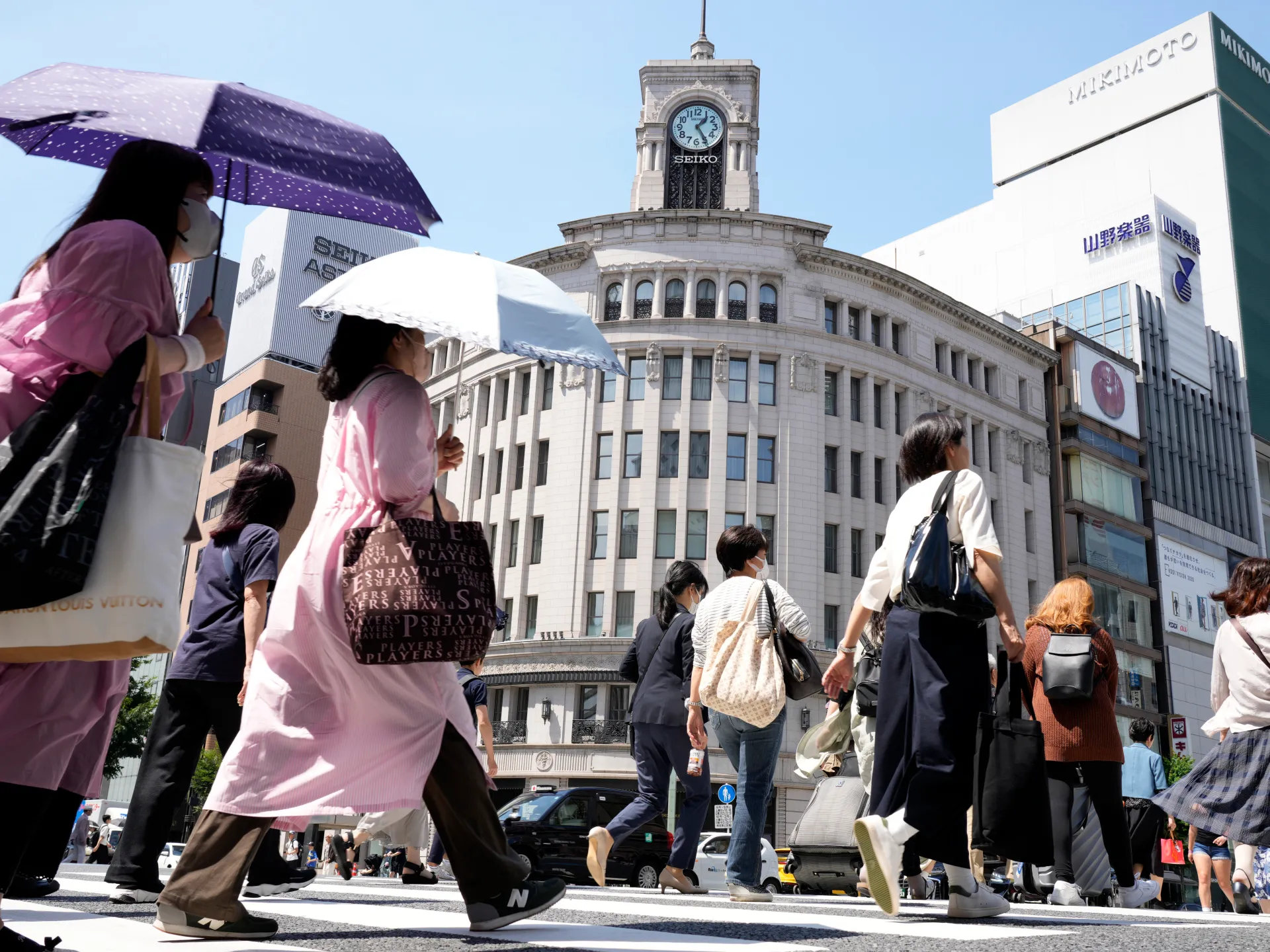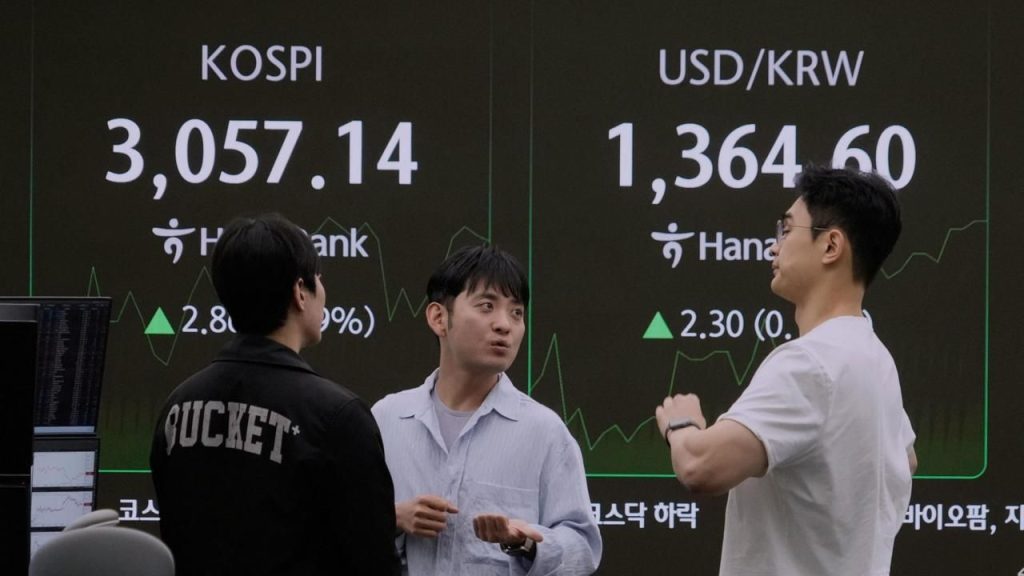Japanese workers have set the stage for significant wage increases, demanding the largest pay hike in over three decades. The Japanese Trade Union Confederation, known as Rengo, announced on Thursday that its member unions are pushing for an average wage increase of 6.09% in 2024, surpassing last year’s 5.85%. This marks the first time since 1993 that wage hike demands have exceeded 6%, indicating a potential shift in Japan’s economic landscape.
The push for higher wages comes at a crucial time as Japan battles inflation and rising living costs. Rengo represents approximately 6.8 million workers across various industries, and unions representing employees of smaller firms are demanding an even larger pay raise of 6.57%, up from 5.97% last year. This surge in wage demands highlights growing pressure on businesses to increase salaries to retain talent in a competitive labor market.
Economic Impact and Market Reaction
The announcement had an immediate impact on financial markets, with the Japanese yen strengthening to 148.07 against the US dollar after initially trading at around 148.80. This reaction suggests that investors are closely monitoring wage negotiations, as sustained pay growth is a key factor in driving domestic consumption and economic expansion.
A successful wage hike could support the Bank of Japan’s (BOJ) broader goal of achieving a demand-driven economic cycle. The central bank, along with the government, has long sought sustainable wage growth to counteract deflationary pressures and support consumer spending.
According to Keiji Kanda, a senior economist at the Daiwa Institute of Research, “Workers went for a much higher number, knowing that firms are thinking about hiking wages to retain employees. Given accelerating inflation over the last few months, workers are also likely seeking compensation.”
Implications for the Bank of Japan and Interest Rates
Last year, the BOJ raised interest rates for the first time in 17 years in response to wage negotiations. The first tally of wage agreements in 2023 showed that about 770 unions secured an average pay hike of 5.28%, the highest in 33 years. With this year’s initial results set to be released on March 14, just days before the BOJ’s next policy meeting, the central bank could adjust its monetary stance accordingly.
Most analysts expect the BOJ to maintain its current policy until at least summer 2024. However, stronger-than-anticipated wage settlements could accelerate the timeline for further rate hikes, with some experts eyeing the April/May meeting as a potential window for action. Deputy Governor Shinichi Uchida has hinted at a gradual upward path for interest rates, further fueling speculation about the BOJ’s next move.
Government’s Role and Political Implications
Prime Minister Shigeru Ishiba’s administration is also closely monitoring the wage negotiations, as the outcome could influence public sentiment ahead of the upcoming summer elections. With Japan’s inflation rate reaching 4% in January, many citizens are feeling the strain of higher living costs, exacerbated by a weaker yen that has pushed up import prices. Despite last year’s record-high wage hikes, real wages declined by 0.3% in 2024, marking a third consecutive year of negative real wage growth.
To address these challenges, the government has introduced various measures to encourage wage growth, including tax incentives for companies that raise employee salaries. Ishiba has also engaged in direct discussions with business and labor leaders to emphasize the importance of sustainable wage increases.
Looking Ahead
The next few weeks will be critical in determining how Japan’s wage negotiations unfold and their broader implications for the economy. Rengo will update its tally in April to incorporate results from smaller firms that conclude negotiations later. Meanwhile, a survey by Teikoku Databank suggests that more than 60% of Japanese companies—a record high—plan to increase wages this year in an effort to attract and retain workers.
For traders and investors, these developments could signal shifts in Japan’s monetary policy, exchange rates, and overall market sentiment. As wage talks progress, market participants will be watching closely for any signs of stronger-than-expected outcomes that could impact economic policies and financial markets in the months ahead.




